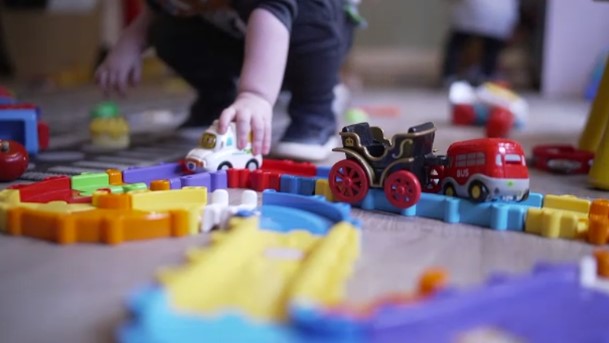It was intended to make childcare more affordable, and more than 100,000 applications have already been submitted. It will be rolled out to babies from nine months in September.
But providers warn that the funding will not be enough to cover costs and risks putting them out of business, as the sector struggles with food and energy inflation, as well as staff shortages.
A survey of nearly 1,200 providers by the Early Years Alliance found most of those planning to offer the free hours were yet to hear what their funding rate would be from their local authority - with just weeks until it starts.
• For those which have, 60% of nurseries and pre-schools surveyed said the rate they had been offered would be less than the cost of delivering places - leaving them with a shortfall;
• A quarter - 24% - said it was very or somewhat likely they would close in the next 12 months due to cost pressures;
• There is already a crunch on places and most (71%) are not planning to increase the number of places they offer - due to lack of space, staff or financial constraints;
• Eight out of ten said they would have to increase their prices or charge parents for items which would ordinarily be included in their hourly rate such as food or activities.
One manager anonymously told the survey the government's policy was like "adding fuel to a burning building, and eventually it will come falling down".
Closures of nurseries increased by 50% in England last year, with 186 closing in 2022-23 compared with 124 the previous year - with closures concentrated in the most disadvantaged areas.


